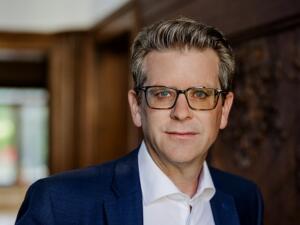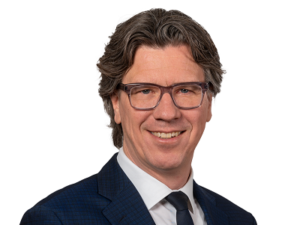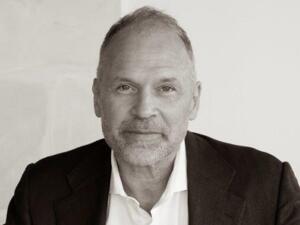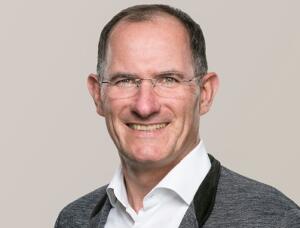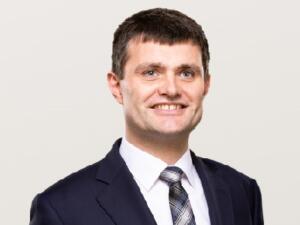Munich court halts Innoscience’s GaN sales in Germany over Infineon patent
Munich Regional Court has ordered Chinese manufacturer Innoscience to cease selling its gallium nitride products in Germany, ruling they infringe an Infineon patent. The decision is part of a broader set of lawsuits Infineon has filed against its competitor across Germany and Europe.
6 August 2025 by Mathieu Klos
GaN, or gallium nitride, is primarily used in computer chips. Electric vehicle manufacturers particularly value GaN chips as they enable lighter chargers compared to conventional silicon semiconductors. The technology also has applications in renewable energy, data centres and industrial automation.
Innoscience produces GaN semiconductors. The Chinese company states it is the world’s largest supplier of GaN wafers used in chip manufacturing.
Meanwhile, Infineon reports it holds approximately 450 GaN patent families. The German semiconductor manufacturer acquired Canadian company GaN Systems for $830 million in 2023 to strengthen its position in this sector.
In 2024 Infineon filed multiple patent infringement suits at Munich Regional Court. The company is also said to have filed lawsuits at German courts based on utility models.
Infineon is also seeking permanent injunction for infringement of a US patent relating to GaN technology at the District Court of the Northern District of California.
Innoscience responded by filing nullity actions against the patents at the German Federal Patent Court as well as cancellation applications against the utility models at the German Patent Office.
First ruling favours Infineon
Now Infineon has secured its first victory in the main proceedings. At the semiconductor trade fair PCIM in June, Infinion enforced a PI from the Munich Regional Court against semiconductors owned by Innoscience. The PI is based on a different patent.

Georg Werner
On 1 August, the Munich judges, under presiding judge Georg Werner, prohibited Innoscience from selling GaN products in Germany. These products infringe Infineon’s German patent DE 102014113465 B4.
According to Infineon, Innoscience must also pay damages (case ID: 21 O 13132/24).
Innoscience can appeal the judgment. The company did not confirm to JUVE Patent whether it would take this step. However, given the scope of the dispute, an appeal seems likely.
Klaka colleagues to separate
IP boutiques Klaka and Szynka Smorodin successfully represented Infineon. The firms are handling all German lawsuits against Innoscience. Klaka partners Constantin Kurtz, who led the case, and Stefan Eck managed the current proceedings alongside associate Maximilian Reif.
While the three lawyers currently work together at Klaka, they will soon part ways. As JUVE Patent reported in June, Constantin Kurz will join CMS Hasche Sigle by year end. Stefan Eck and Maximilian Reif will move to Ampersand. Thomas Mayer handles the dispute for Infineon in-house.
Their departures represent a significant challenge for Klaka, which has long-standing ties with Infineon. The future of this relationship remains uncertain.
The patent attorneys at Szynka Smorodin have also seen changes. Their former firm König Szynka Tilmann von Renesse dissolved in early 2025 when the Düsseldorf office joined Hoffmann Eitle. The Munich office continues as an independent outfit under name partner Dirk Szynka, who manages Infineon’s nullity and cancellation proceedings.
- Constantin Kurtz
- Stefan Eck
- Dirk Szynka
Finnegan for Innoscience
Finnegan Henderson Farabow Garrett & Dunner represents Innoscience. The US firm’s lawyers are handling all proceedings before the German courts and the defence against Infineon’s US lawsuit. US partner Lionel Lavenue leads the team.
- Jochen Herr
- Moritz Meckel
Jochen Herr leads from the German office, working with partners Moritz Meckel and Johannes Druschel, counsel Jonathan Wurth and associates Daniel Seitz, Yannick Schütt, as well as Filip Wach from the firm’s London office.
